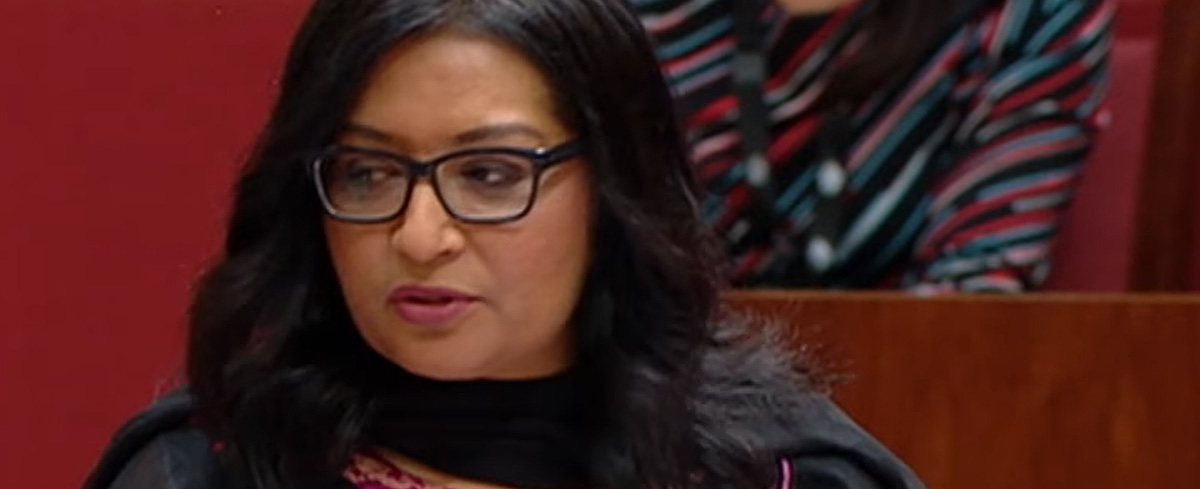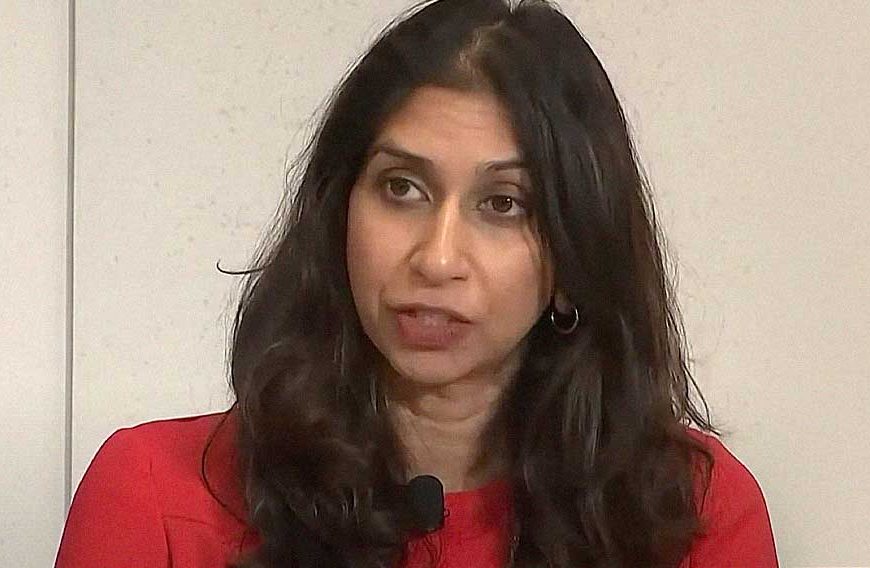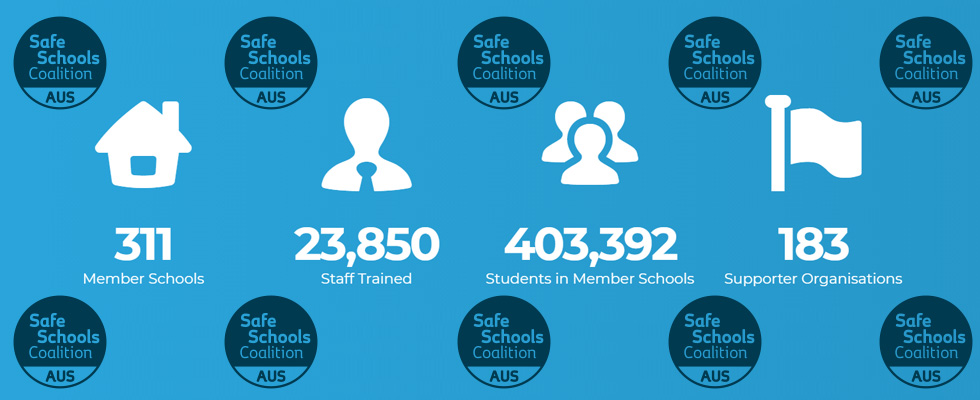Two just-released documents are part of a pushback against the radical trans attack on women, sexuality, biology and reality. It is hoped it is just the beginning of a major work of resistance against this diabolical madness in which our young people are permanently mutilated for life and pushed by adults to believe in lies.
The first document is the long-awaited Cass Report. The 388-page “Independent review of gender identity services for children and young people” was conducted by British paediatrician Dr Hilary Cass. It makes clear that any supposed consensus on the value of affirming children and youth in their desires to “change” their sex just does not exist. Instead, there are plenty of contrary voices that have sounded the alarm on the grave dangers of all this.
Let me quote from an overview of the key findings that are presented here:
- While a considerable amount of research has been published in this field, systematic evidence reviews demonstrated the poor quality of the published studies, meaning there is not a reliable evidence base upon which to make clinical decisions, or for children and their families to make informed choices.
- The strengths and weaknesses of the evidence base on the care of children and young people are often misrepresented and overstated, both in scientific publications and social debate.
- The controversy surrounding the use of medical treatments has taken focus away from what the individualised care and treatment is intended to achieve for individuals seeking support from NHS gender services.
- The rationale for early puberty suppression remains unclear, with weak evidence regarding the impact on gender dysphoria, mental or psychosocial health. The effect on cognitive and psychosexual development remains unknown.
- The use of masculinising / feminising hormones in those under the age of 18 also presents many unknowns, despite their longstanding use in the adult transgender population. The lack of long-term follow-up data on those commencing treatment at an earlier age means we have inadequate information about the range of outcomes for this group.
- Clinicians are unable to determine with any certainty which children and young people will go on to have an enduring trans identity.
- For most young people, a medical pathway will not be the best way to manage their gender-related distress. For those young people for whom a medical pathway is clinically indicated, it is not enough to provide this without also addressing wider mental health and/or psychosocially challenging problems.
- Innovation is important if medicine is to move forward, but there must be a proportionate level of monitoring, oversight and regulation that does not stifle progress, while preventing creep of unproven approaches into clinical practice. Innovation must draw from and contribute to the evidence base.
Some of the recommendations given include these:
- There needs to be provision for people considering detransition, recognising that they may not wish to re-engage with the services whose care they were previously under.
- A full programme of research should be established to look at the characteristics, interventions and outcomes of every young person presenting to the NHS gender services.
- The puberty blocker trial previously announced by NHS England should be part of a programme of research which also evaluates outcomes of psychosocial interventions and masculinising/ feminising hormones.
- The option to provide masculinising/feminising hormones from age 16 is available, but the Review recommends extreme caution. There should be a clear clinical rationale for providing hormones at this stage rather than waiting until an individual reaches 18. Every case considered for medical treatment should be discussed at a national Multi-Disciplinary Team (MDT).
- Implications of private healthcare on any future requests to the NHS for treatment, monitoring and/or involvement in research, and the dispensing responsibilities of pharmacists of private prescriptions needs to be clearly communicated.
To see all of the findings and recommendations, go to this site.
And to view the entire report, go here.
I, like perhaps most others, have not yet read it through in its entirety, and plenty of commentary and discussion will be forthcoming in the days and weeks ahead. But I can draw upon a few assessments that have already come out. Canadian commentator Jonathon Van Maren closes his overview of the Report with these words:
Even the left-wing Guardian is essentially admitting that the consensus on transgender interventions has collapsed, noting that a paper “on puberty blockers found that of 50 studies, only one was of high quality” and that “of 53 studies included in a fourth paper on the use of hormone treatment [sic], only one was of sufficiently high quality, with little or inconsistent evidence on key outcomes.” In fact, the researchers found the guidelines on transgender procedures were largely uninformed “by a systematic review of empirical evidence” and lacked transparency; only two “reported consulting directly with children and young people during their development.”
The York University researchers concluded: “Healthcare services and professionals should take into account the poor quality and interrelated nature of published guidance to support the management of children and adolescents experiencing gender dysphoria/incongruence.” Translation? The “evidence” that transgender activists have been pushing as the basis for their industry is bunk. Cass found that so-called “gender medicine” is “an area of remarkably weak evidence.”
The National Health Service announced that it would cease prescribing puberty blockers outside of clinical trials in March; the Cass Report offers a list of other recommendations, as well, including: services that adhere to the same rigorous standards of others dealing with children; services for detransitioners; extensive, long-term data collection on the actual impact of these interventions into adulthood; holistic screenings of those with gender dysphoria for contributing factors; and “extreme caution” for cross-sex hormones even when prescribed to non-minors. In short, the Cass Report is a demolition of the so-called “affirmative model” of “gender care.” The consensus has completely collapsed. I hope that those political leaders still desperately clinging to their debunked narrative notice very, very soon.
Last week I wrote about two brave women who are resisting the trans insanity. One, J. K. Rowling, said this about the Report: “Over the last four years, Hilary Cass has conducted the most robust review of the medical evidence for transitioning children that’s ever been conducted. Mere hours after it was released to the press and public, committed ideologues are doubling down.”
And as to Harry Potter actors who have pushed the trans agenda, she said this: “Celebs who cosied up to a movement intent on eroding women’s hard-won rights and who used their platforms to cheer on the transitioning of minors can save their apologies for traumatised detransitioners and vulnerable women reliant on single sex spaces.”
The Australian Christian Lobby said this in part about the Report:
The Cass Review underscores the importance of adopting a more holistic approach to gender care, rather than rushing vulnerable young people into medical interventions with unknown long-term effects. The report cautions against social transitioning for children, advocating for therapeutic support and careful consideration before making life-changing decisions.
This review aligns with our biblical view of the intrinsic value of the human body and the need for careful discernment in addressing gender-related issues. It emphasises the importance of allowing young people to mature and develop fully before making decisions that could have irreversible consequences.
Moreover, the Cass Review exposes the troubling influence of ideology on gender care, as seen in the tendency to prioritise affirming a child’s preferred gender over offering comprehensive support. This shift away from evidence-based care in favor of a more ideologically driven approach poses a grave risk to the well-being of young people.
And that leads on to the second document: the much shorter 20-page report on this and related matters put out by the Vatican’s doctrine office. Titled “Dignitas Infinita” (“Infinite Dignity”), the document covers a number of issues, from war and poverty to abortion and surrogacy. It says this about the sex change issue:
The dignity of the body cannot be considered inferior to that of the person as such. The Catechism of the Catholic Church expressly invites us to recognize that “the human body shares in the dignity of ‘the image of God.’” Such a truth deserves to be remembered, especially when it comes to sex change, for humans are inseparably composed of both body and soul. In this, the body serves as the living context in which the interiority of the soul unfolds and manifests itself, as it does also through the network of human relationships. Constituting the person’s being, the soul and the body both participate in the dignity that characterizes every human. Moreover, the body participates in that dignity as it is endowed with personal meanings, particularly in its sexed condition. It is in the body that each person recognizes himself or herself as generated by others, and it is through their bodies that men and women can establish a loving relationship capable of generating other persons. Teaching about the need to respect the natural order of the human person, Pope Francis affirmed that “creation is prior to us and must be received as a gift. At the same time, we are called to protect our humanity, and this means, in the first place, accepting it and respecting it as it was created.” It follows that any sex-change intervention, as a rule, risks threatening the unique dignity the person has received from the moment of conception. This is not to exclude the possibility that a person with genital abnormalities that are already evident at birth or that develop later may choose to receive the assistance of healthcare professionals to resolve these abnormalities. However, in this case, such a medical procedure would not constitute a sex change in the sense intended here.
Conservative Catholics who have been critical of the current Pope and some of his positions on things like homosexuality should welcome the stance taken in this document. It offers a strong rejoinder to any Christian who has been deluded by the trans militants.
It is hoped that more fight-back will appear in the near future. This war on sex, and biology, and especially our children, has got to stop.


















